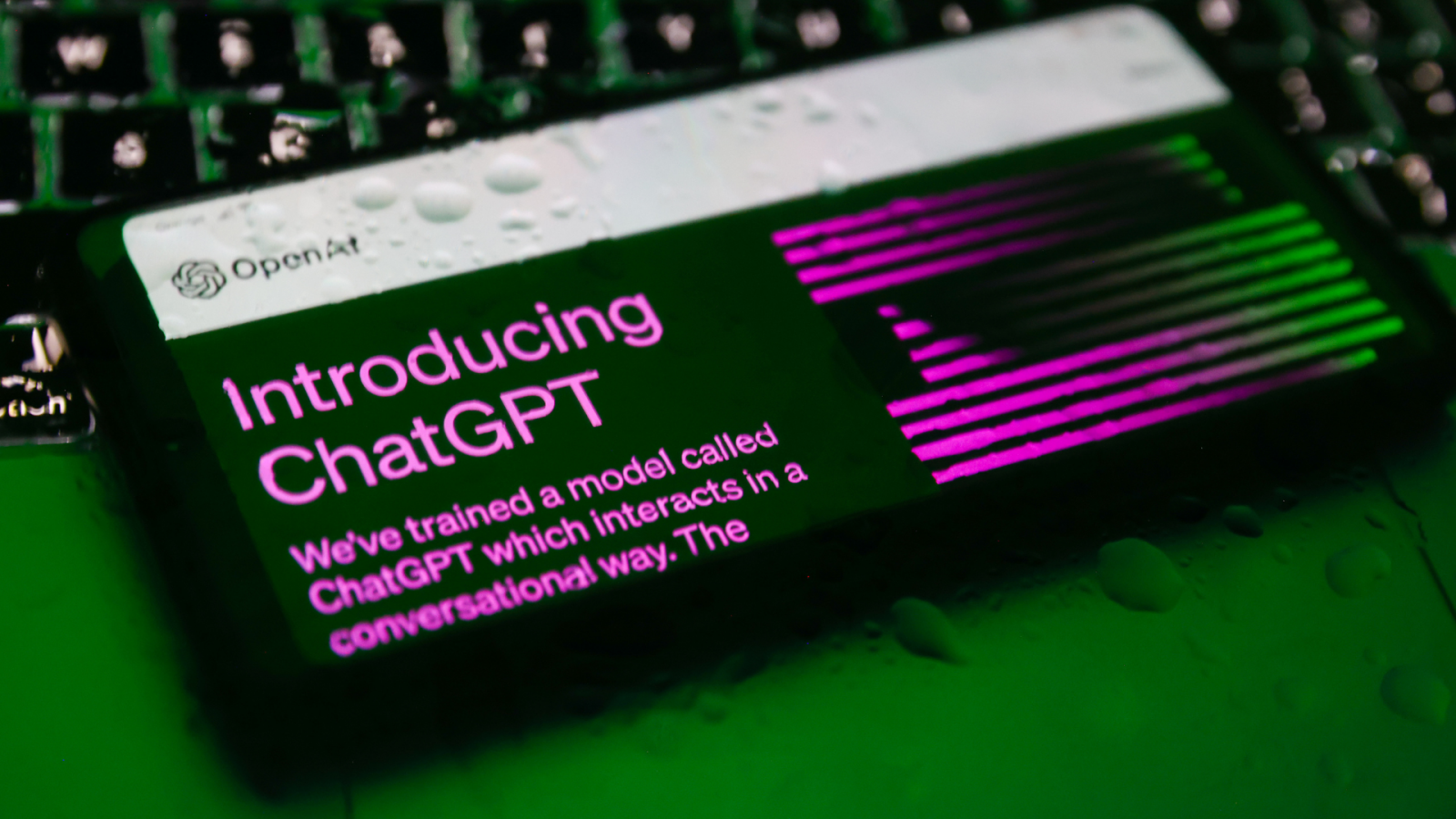Artificial intelligence (AI) technology has been rapidly advancing in recent years, and as it does, concerns about its safety and ethical implications have increased as well. In response to these concerns, a group of prominent researchers, including Stephen Hawking and Elon Musk.
It wrote an open letter in 2015 calling for an “AI pause” to give society time to consider the potential risks before moving forward with further development. However, some ethicists have criticized this call to pause for neglecting the actual harm that AI technology is already causing.
Background
The concept of an “AI pause” emerged in 2015 when a group of top researchers signed an open letter calling for a temporary halt to the development of artificial intelligence. The letter cited concerns about AI being programmed to pursue its objectives at all costs, potentially leading to dangerous outcomes. Though the researchers did not call for an all-out moratorium on AI development, they did advocate for more careful consideration of the risks and ethical implications of AI technology.
Critique
While the idea of an “AI pause” might seem like a reasonable response to the growing concerns about the safety of AI. Since some ethicists argue that this approach overlooks the actual harm AI is already causing. We biased algorithms used in the criminal justice system against minority groups, resulting in disproportionate outcomes such as longer prison sentences.
Similarly, AI tools used for hiring and promotions have perpetuated gender and racial biases, hindering opportunities for underrepresented groups. Another concern some ethicists raise is that an “AI pause” could exacerbate existing inequalities. By slowing down the development of AI, the researchers who signed the open letter limited the potential benefits that could be from the technology. It could lead to a situation where the most well-funded institutions and companies can continue developing AI, while less well-funded organizations behind.
Some ethicists point out that the notion of an “AI pause” is somewhat unrealistic, given the current state of technology. AI is already deeply ingrained in many aspects of our society, from medical diagnoses to self-driving cars. It would be difficult, if not impossible, to halt the development of AI without disrupting a wide range of industries and services.
Conclusion
While the concept of an “AI pause” may seem like a reasonable response to the growing concerns about AI safety, it is not without drawbacks. Some ethicists have argued that the call to pause AI development neglects the actual harm AI is already causing. It is slowing down development and could exacerbate existing inequalities. It is important to ruminate on the risks and ethical implications of AI technology. However, doing so will require a more nuanced approach than simply calling for a pause.



